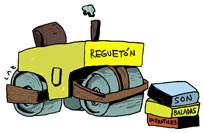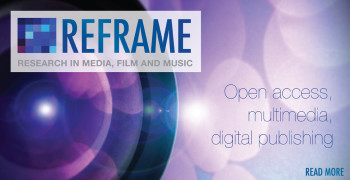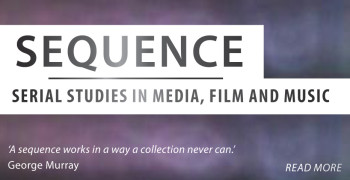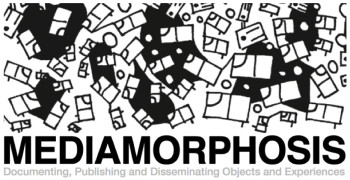
The genre’s foregrounding of rhythm sets it up to inherit prejudices that can be traced back to colonial Cuba. The spiritual and cultural practices brought to the island by enslaved Africans, as well as those that were formed in the new context, harnessed the communicative and cathartic power of rhythm, and became associated with rebellion – provoking fears of a second Haiti among the landowning white criollos

Link to Ema Dossier Index by Ellen Bishell* For a scholar of music video, to give a short take on…

Today at Mediático we are delighted to publish an extensive and much-needed special dossier on Pablo Larraín’s Ema (2019), guest…






